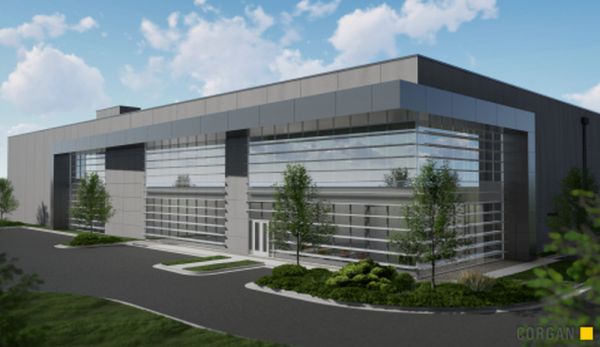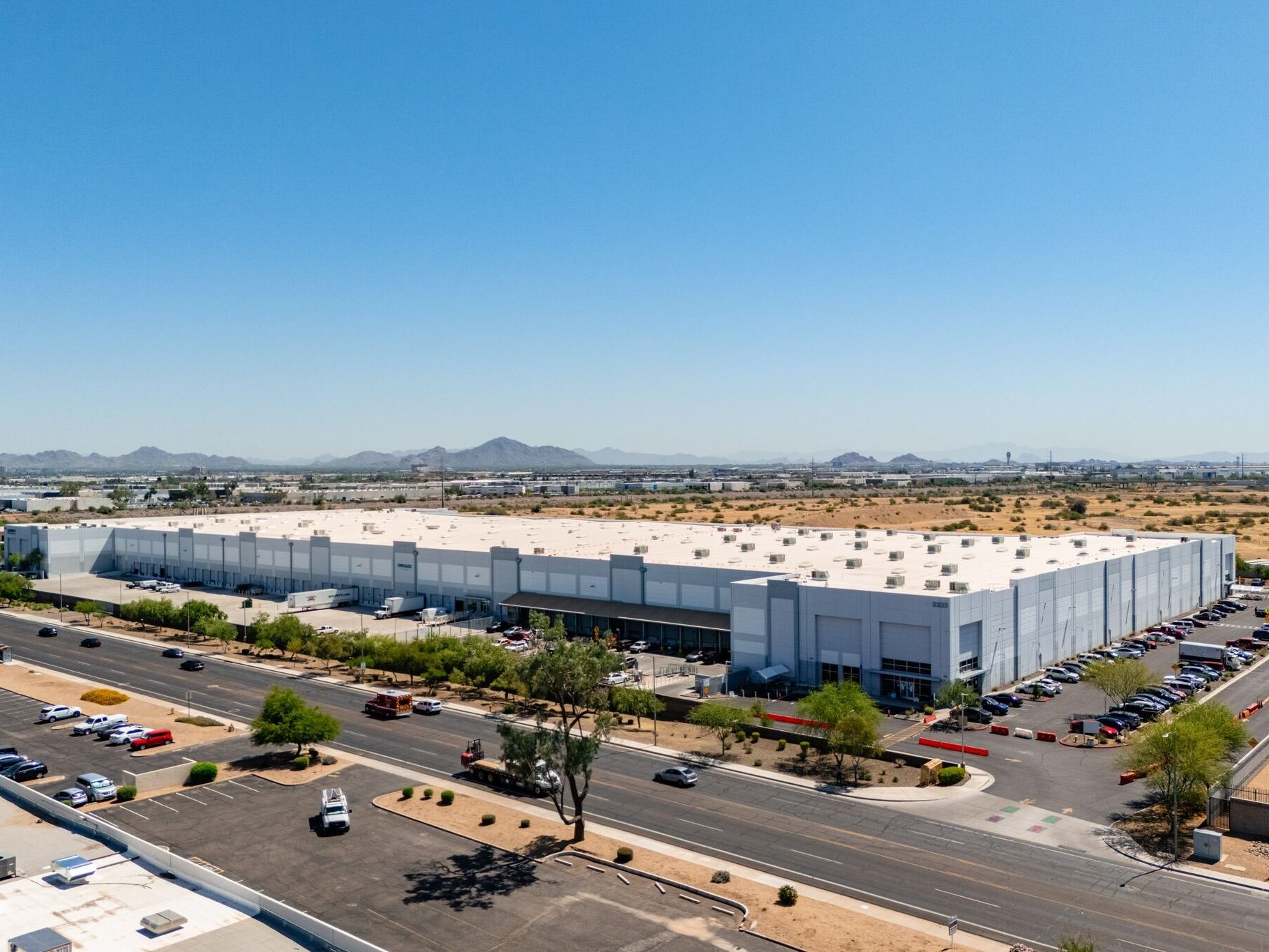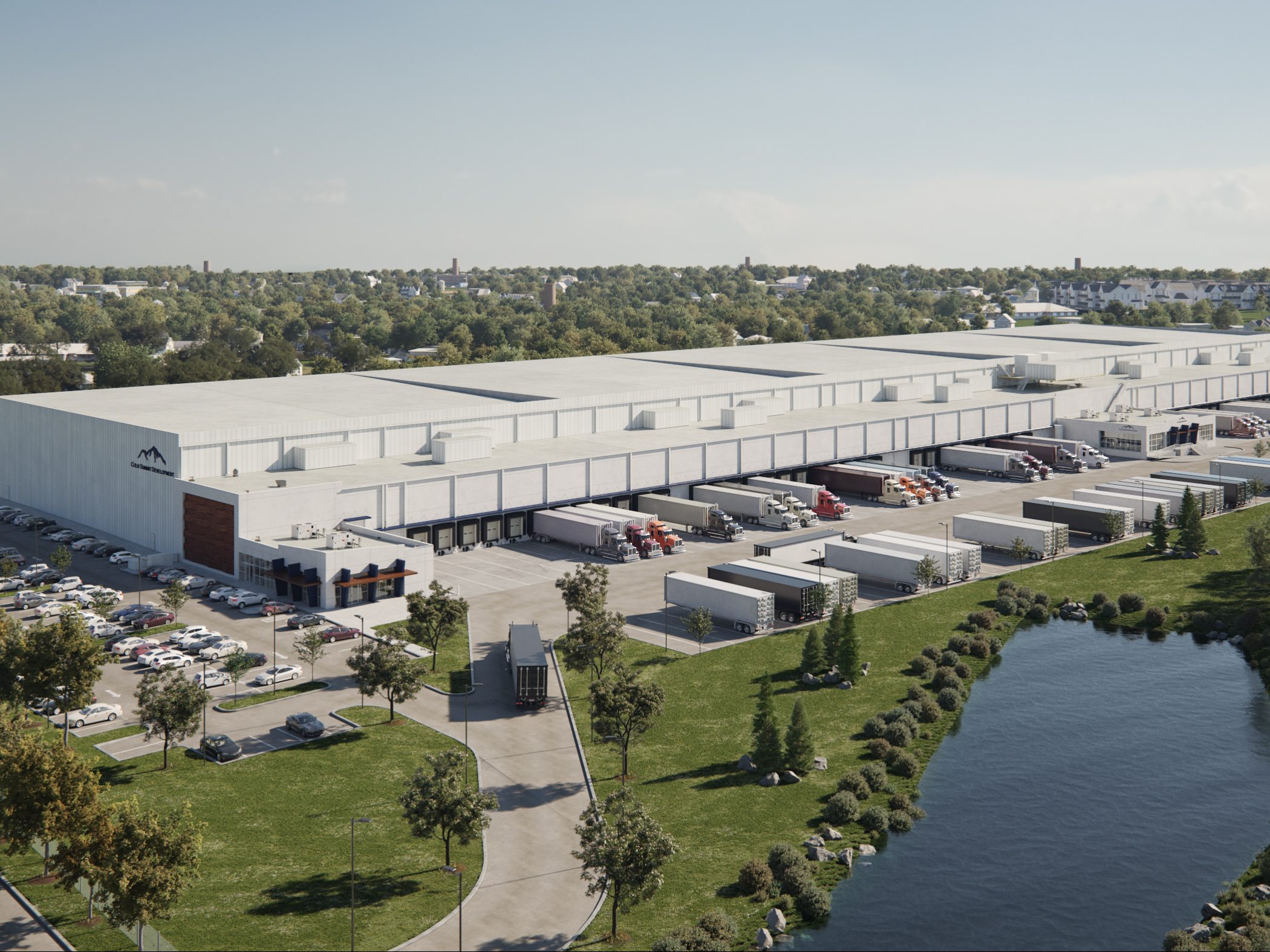Stack Infrastructure, Peterson Cos. Team Up on Data Center Mega Project
The two companies are planning a 125-acre, multi-phase development in Northern Virginia that will offer more than 250 MW of critical load for large users.
One year after forming to focus on the technology infrastructure needs of rapidly scaling data center businesses, Stack Infrastructure is teaming up with Peterson Cos. to develop a 125-acre hyperscale data center complex in Prince William County, Va., that will have more than 4 million square feet of space.
READ ALSO: These Data Center Markets Lead the World
The multi-phase development will eventually offer more than 250 MW of critical load for flexible build-to-suit facilities to serve large data center users in the Northern Virginia market. The first phase at the Manassas, Va., site is slated to deliver 700,000 square feet, serving 72 MW of critical capacity by the end of 2020.
Stack CEO Brian Cox noted in a prepared statement Northern Virginia continues to be the most important data center market in the world. He said Prince William County offers robust power infrastructure and low latency connectivity within one of the densest concentrations of fiber networks in the world. Cox added that low total costs of ownership in the market will allow the company to offer attractive value propositions to its clients.
Based in Fairfax, Va., Peterson Cos., is one of the largest privately owned real estate development companies in the Washington, D.C., region. Taylor Chess, president of development for Peterson, noted in prepared remarks that combining Stack’s data center expertise with Peterson’s experience in working with local jurisdictions and utilities on complex projects makes them a powerful team. He said four pad sites are already cleared and graded to begin the development and address immediate demand.
Stacking up projects
The Northern Virginia project comes a week after Stack announced it was expanding its data center campus in Silicon Valley. The company is building a 32 MW, 240,000-square-foot data center adjacent to its existing facility in San Jose, Calif. It will be served through PG&E’s Direct Access program, which enables Stack to procure energy from renewable sources on behalf of its clients to reduce their energy costs.
It is the fourth expansion project since the company’s launch in 2019. Other projects planned for key U.S. markets are:
- In October, Stack expanded into the New Albany, Ohio, market with the acquisition of a purpose-built, Tier III data center. The campus includes development land that could see an additional 32 MW capacity added.
- In September, the company announced plans for a 60+ MW expansion of its Portland, Ore., data center campus that was already under development.
- In June, Stack said it was building a 20+MW, multi-story data center adjacent to its existing Chicago facility, also under development that will offer 13 MW of critical power with 221,000 square feet of data center space.
The company delivers wholesale colocation, build-to-suit and powered shell solutions in seven markets. In addition to Chicago, Portland, New Albany and Silicon Valley, Stack has data center properties in Ashburn, Va.; Atlanta and Dallas-Fort Worth.
Data center investments
The North American data center industry continues to grow with investment volume totaling more than $1.3 billion for the first six months of 2019, according to a CBRE report. The total capacity of data centers in primary U.S. markets increased by 200 MW, or 8 percent, in the first half of 2019. More than 411 MW of additional capacity was under construction during the period, 35 percent of which was preleased. Northern Virginia accounted for most of the absorption early in 2019, meeting 74 percent of primary market multi-tenant demand, according to CBRE. A newly released Global Data Center Market Comparison report from Cushman & Wakefield ranked Northern Virginia in first place among 1,262 data centers in 38 global markets.








You must be logged in to post a comment.